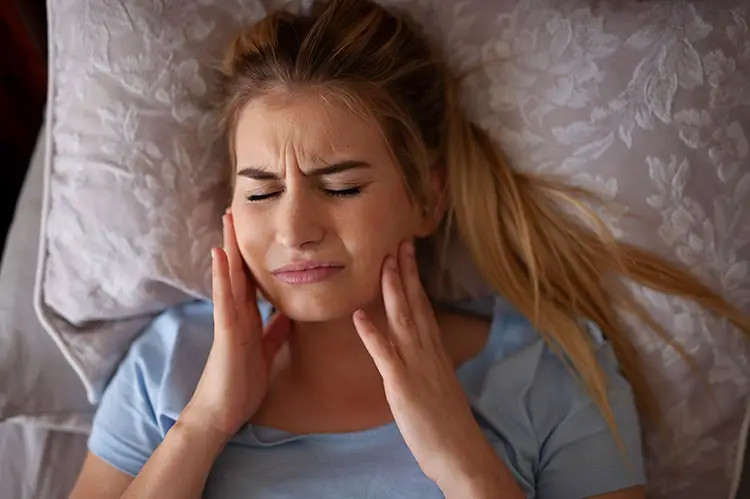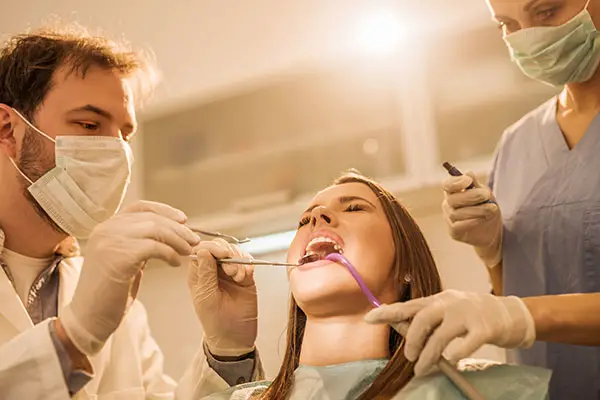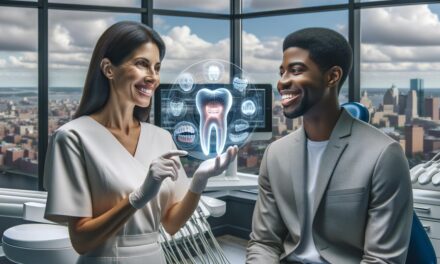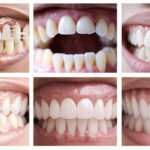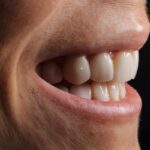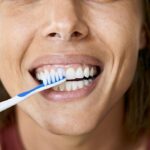It’s no secret that pregnancy has an enormous impact on a woman’s body.
It’s important to know about and prepare for these changes. Moms who are unprepared to deal with changes to physical health after pregnancy are more likely to feel overwhelmed or stressed postpartum, Bonnie Schiedel at Today’s Parent reports.
While the more common changes are obvious, many women are unaware that pregnancy can actually change their dental health. Below we’ll address the specifics of how your mouth changes when pregnant.
More than anything, these insights should clarify that finding good dental care during pregnancy is key. “Not only can you take care of cleanings and procedures like cavity fillings before your baby is born, but your dentist can help you with any pregnancy-related dental symptoms you might be experiencing,” writes the American Dental Association.
With this in mind, we cover the most common changes to dental health during pregnancy, the reality of shifting teeth during pregnancy, and tips for finding a healthy and happy post-pregnancy smile.
The Most Common Changes to Your Bite and Dental Health During Pregnancy
As the ADA makes clear, there is a range of pregnancy-related dental symptoms you may need help with.
One of the major dental health challenges during pregnancy is gingivitis and other forms of gum disease. The Journal of Midwifery & Women’s Health writes that women are more likely to have problems with their teeth and gums during pregnancy — and in some cases, this can cause complications with the pregnancy.
More specifically, March of Dimes shares reports that gum disease has been linked to premature births and lower birth weights. Dental care during pregnancy, then, is as much about your baby’s health as it is yours.
One common shift in dental health is the onset of periodontal disease — a bacterial infection in the mouth caused by acid eating away the enamel of your teeth.
The Journal highlights two major reasons the risk of periodontal disease increases with pregnancy: hormonal changes and morning sickness. Hormonal changes allow bacteria to grow in the mouth; morning sickness allows stomach acids from vomiting to break down your teeth’s protective enamel.
Your gums might be swollen and sensitive too. The American Pregnancy Association notes that hormonal changes during pregnancy cause increased blood flow to gum tissue. The end result can often be irritable and swollen gums.
The condition is relatively common, and up to 70 percent of women experience pregnancy gingivitis, Dr. Aaron Strickland of White River Dental writes. Untreated, it’s this pregnancy gingivitis that can lead to the periodontal disease covered above.
Pregnant women tend to be more prone to cavities. The ADA writes that this is due to a variety of factors, from the increased bacteria in your mouth to a change in diet with cravings that may lead to eating more carbohydrates than usual.

Shifting and Lost Teeth During Pregnancy: Fact or Fiction?
There’s a commonly believed myth that pregnancy leads to lost or shifted teeth due to the baby drawing calcium from the mother’s teeth. The cause may be a myth, but shifting and lost teeth during pregnancy is not just an old wives’ tale.
Anecdotally, several forum threads discuss how much pregnancy impacts teeth position. “My teeth shifted so much with my first pregnancy that I had to wear my retainer,” wrote one user. “This was the only way I could sleep at night.” Another user on BabyCenter relayed her concerns as well: “I never had a movie star smile but my teeth were normal and not perfectly straight. I started noticing near the end of my pregnancy that my teeth had moved quite a bit and my teeth are now more ‘crooked’ compared to what they were before.”
At least one academic study confirms the possibility of loosened and shifting teeth during pregnancy. In their article for the American Family Physician, doctors Hugh Silk, Alan B. Douglass, Joanna M. Douglass and Laura Silk write that loose teeth is a relatively common and temporary condition — that should not lead to tooth loss.
“Teeth can loosen during pregnancy, even in the absence of gum disease, because of increased levels of progesterone and estrogen affecting the ligaments and bone that support the teeth,” they write.
Another study led by Stefanie L. Russell, D.D.S., M.P.H., Ph.D., finds a link between pregnancy and lost teeth.
“Out of the 2,635 women who participated, those with no children had lost one to two teeth, while women with children tended to lose more,” summarizes 1-800-DENTIST. “Those with just one child had lost an average of three teeth, while women with two children lost an average of four.” The caveat is that these numbers are due primarily to a decrease in oral hygiene quality with pregnancy and after children.
Pregnancy may impact gum and teeth health and have an indirect link to the loss of teeth. But it is a myth that the additional calcium required during pregnancy is taken from the pregnant mother’s teeth — or even that every pregnancy leads to tooth loss.
The Academy of General Dentistry addresses this myth, noting that oral health changes are due to a surge in hormones (as discussed above) rather than calcium being lost from a mother’s teeth. The bottom line? Avoiding tooth loss during pregnancy is directly related to good oral hygiene.
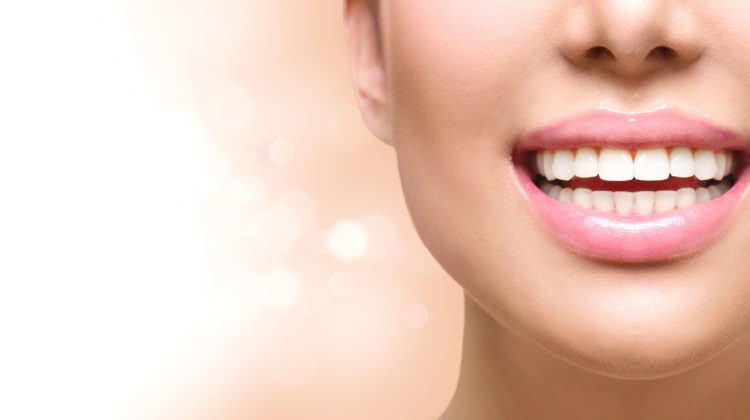
Finding a Healthy Post-Pregnancy Smile
In many cases, shifting in your teeth will stop once the baby is born, as hormone levels and joints return back to normal. In cases where the shift seems permanent, patients may wish to get a dental consultation to determine the best course of action in finding a natural and healthy position for their jaw and teeth.
Outside of shifting teeth and a permanently changed smile, avoiding pregnancy-related dental health complications often simply means maintaining good dental hygiene during pregnancy. The usual good dental care practices (avoiding sugary foods, using a soft toothbrush and flossing often) should always be followed.
Of course, proper professional dental care during pregnancy will go a long way toward avoiding gum disease and other complications. Dr. Amos Grünebaum, founder of BabyMed, highly recommends a dental visit during the second or third trimester.
WebMD backs this up: “Don’t skip your dental checkup appointment simply because you are pregnant. Now more than any other time, regular periodontal exams are very important.” They recommend seeing a dentist or periodontist as soon as possible if you experience gum tenderness, bleeding or swelling at any time during pregnancy.
The American Dental Association warns that oral health is a critical aspect of overall physical health. In one document, the organization writes that “untreated dental disease can be harmful to you and your baby,” so mothers should be “sure to include your oral health in your daily self-care routine and keep your dentist informed of any changes in your oral health during pregnancy.”
In short, a healthy post-pregnancy mouth is primarily due to preventive self-care and getting professional care when needed during pregnancy.
Images: subbotina/©123RF Stock Photo


